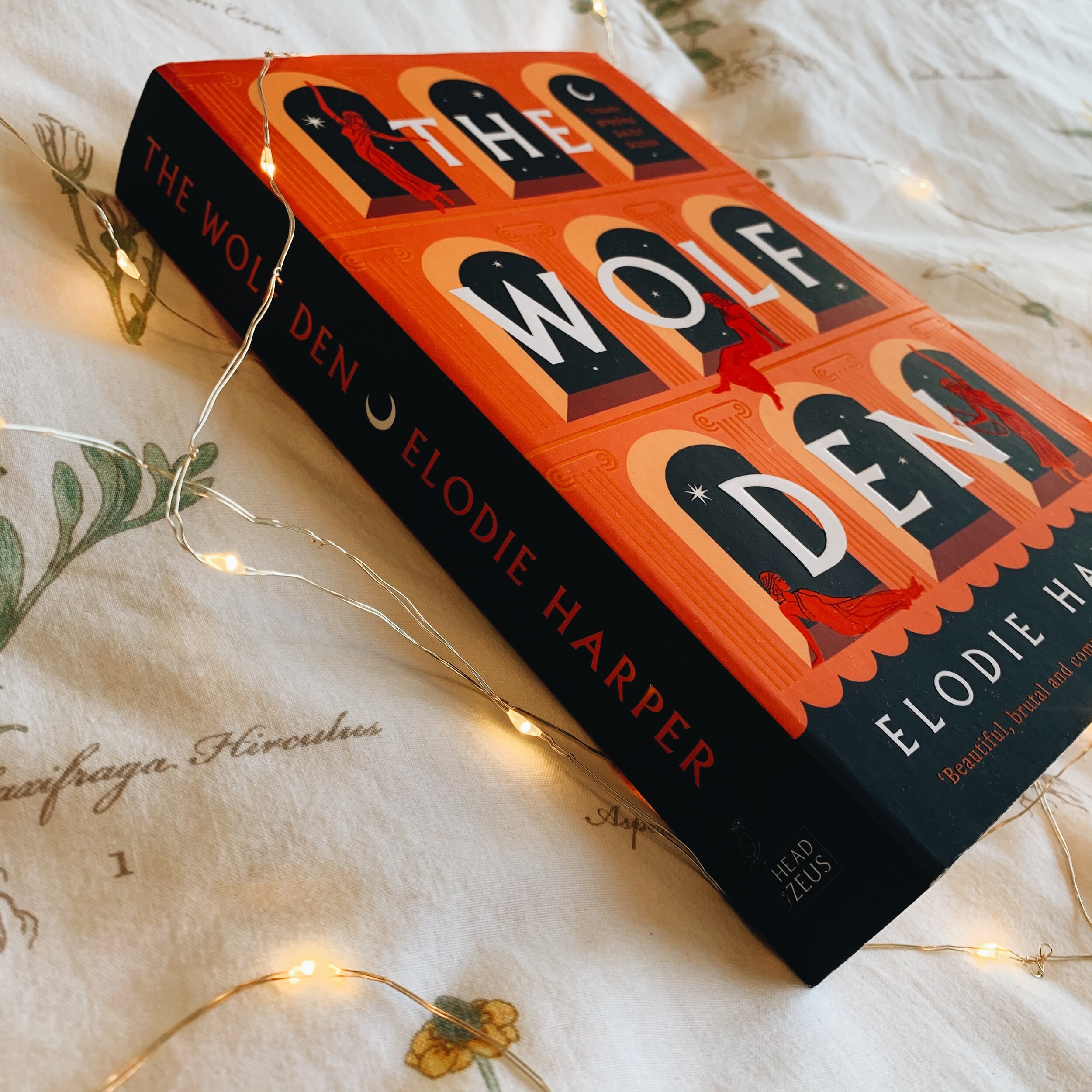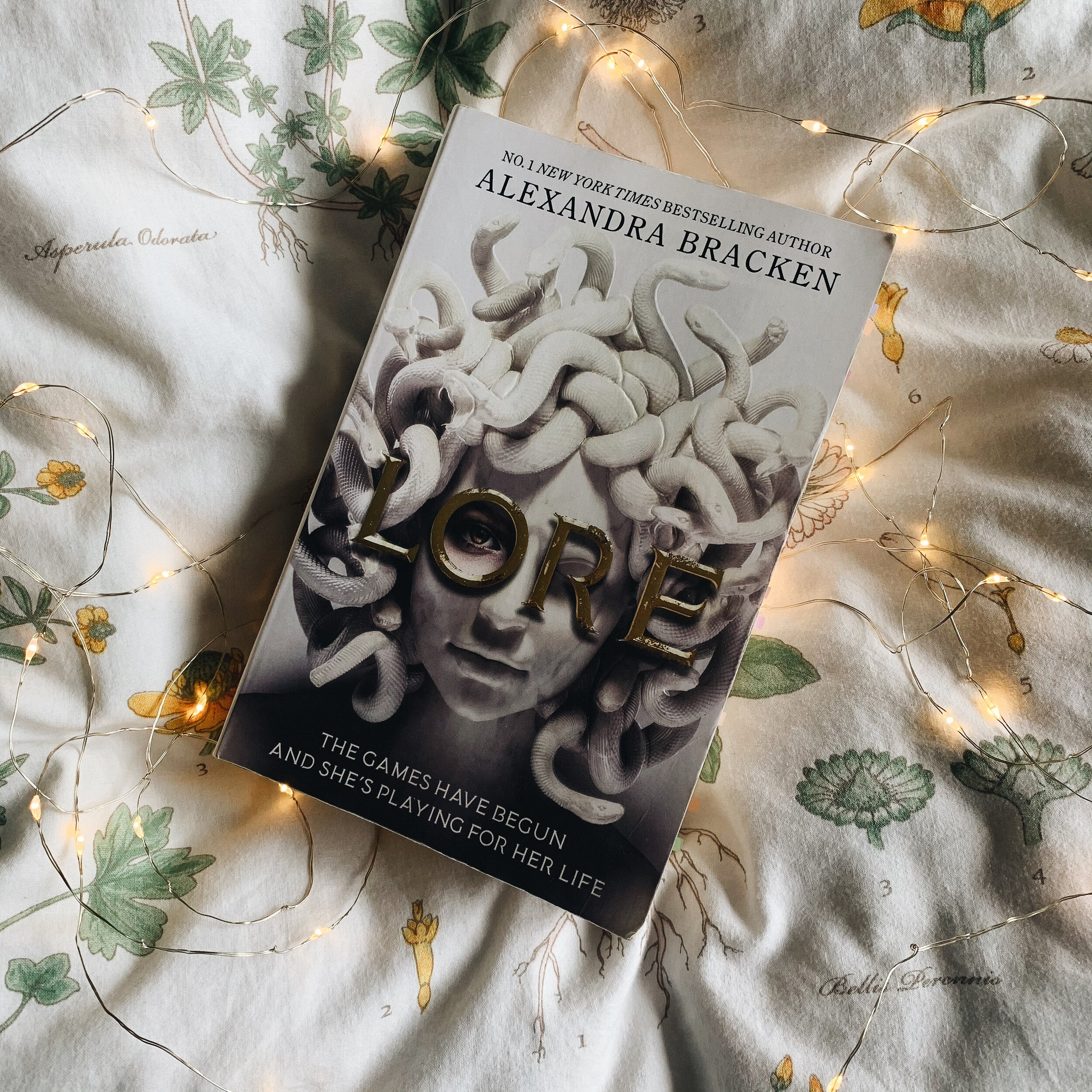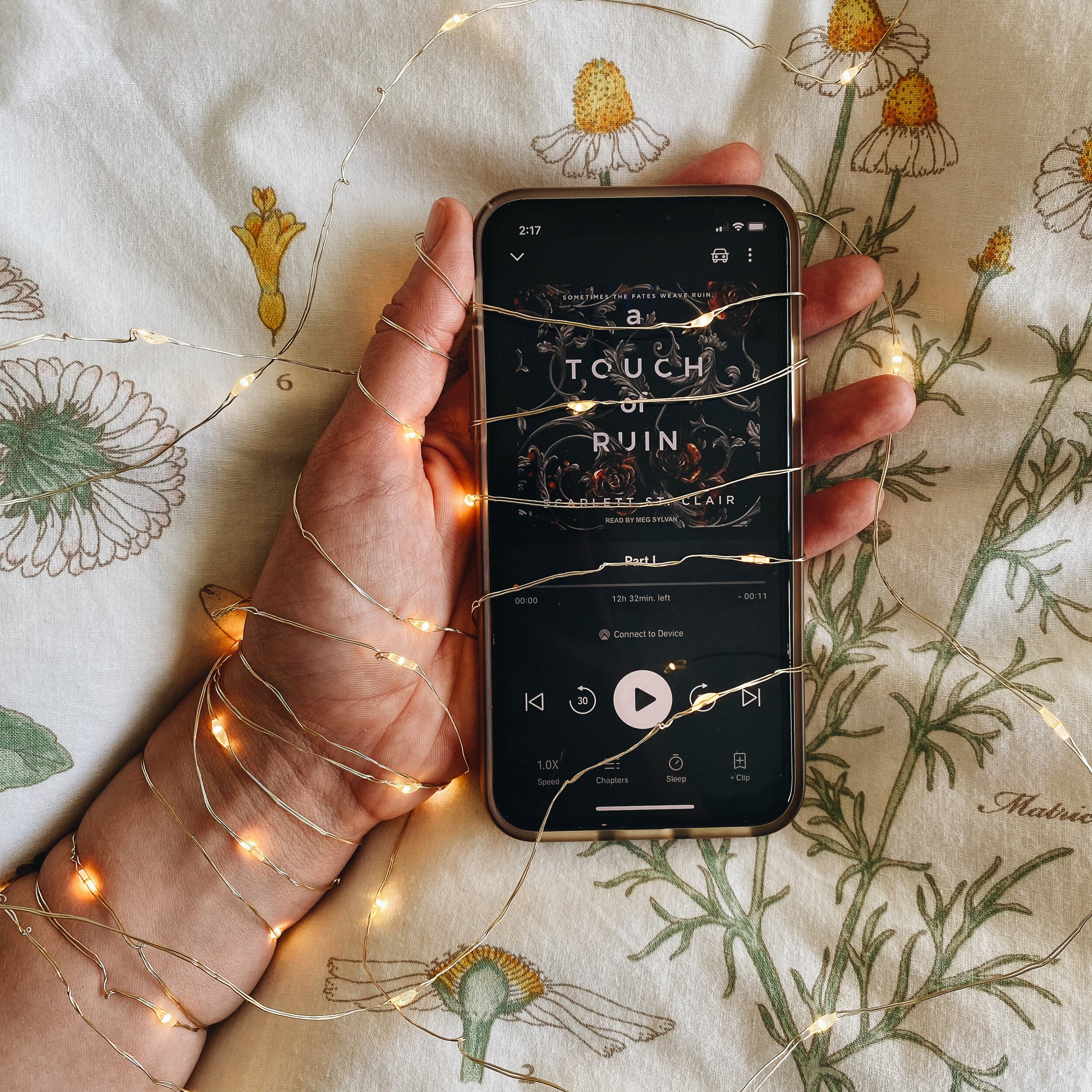This was the quickest month of the year so far, I blinked and I missed it.
September Reads
I didn’t finish anything in the first 3 weeks of September, and then suddenly I finished four. I can thank the return of audiobooks for that. I am loving that the blooms are out and the weather is slowly warming. This is one of my favourite times of year.
The first book I finished this month was the audiobook of A Touch of Malice by Scarlett St. Clair. I have listened to this whole series plus the first book in Hades POV, and I could not recommend the audiobook enough! This instalment is definitely my favourite from the series so far. It was heavy on the character development (love!), and the three main storylines hooked me in. This book really shows how much Persephone and Hades (among other characters) have grown, and I absolutely loved it. So much happened in this book, lots of little things either falling in to place, or hinting towards bigger things to come in the final book of the series, and I am so excited for the conclusion of this series.
The second book for September was Assassin’s Apprentice by Robin Hobb. This is the first book of the Farseer Trilogy, and I wish I’d picked this up a long time ago! Full of political tension, this book is essentially a coming of age story for our main character, Fitz, who lives on the cusp of both the top and bottom of the social hierarchy. His liminality added a whole other dimension to the story that was unfolding; a story full of politics, magic and secret assassinations. Honestly, I adored this book and I am thrilled that I can just get straight in to book number two. ★★★★☆.5
Book number three was Egyptian Mythology: A Travelers Guide from Aswan to Alexandria by Garry Shaw, which I was generously given by Thames and Hudson for a review. This non-fiction combining travel and Ancient Egypt was a wonderfully unique read, which takes you on a journey up the Nile, stopping at the fourteen main sites and delving into their mythologies and historical past. Not only do you get the local variations of well known stories, but you are given both a glimpse into the site at its prime and evocative descriptions that makes it feel like you could be standing at the site. Brilliant for travel lovers and Egyptian mythology enthusiasts alike, I absolutely loved this read! ★★★★☆
The final book I finished this month was Akarnae by Lynette Noni, a Young Adult audiobook by an Australian author (yay!) This was such a fun listen, and I would definitely recommend the audiobook (although I have a feeling I’ll be buying the paperbacks to add to my collection at some point). As a combination of Narnia and Harry Potter (kind of), Alex finds herself in another world with incredible technological advancements, strange and wonderful creatures, a magic library and kids who all have special gifts. This book follows Alex at Akarnae, a boarding school in Medora as she makes new friends, learns about this new world and uncovers a sinister plot that has something to do with a mysterious man that keeps appearing. I thought this book was so much fun, and I really enjoyed it!
What was your favourite read in September? Let me know in the comments or over on my Instagram @kell_read ✨

















